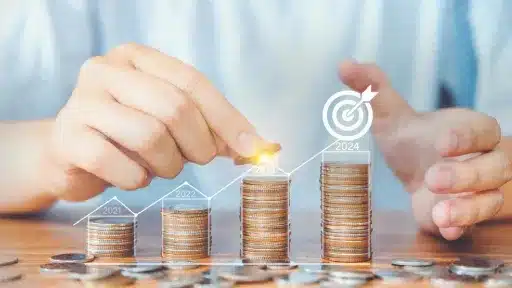Understanding what does the speaker of the house do is crucial, especially in today’s financial landscape where legislative decisions significantly impact economic policies and market stability. As one of the most powerful political figures in the United States, the Speaker’s role extends far beyond mere procedural duties—they influence budget allocations, tax reforms, and national economic strategies that resonate through every sector.
What Does the Speaker of the House Do? An Overview
The Speaker of the House is the presiding officer of the United States House of Representatives. This position is not only symbolic but also encompasses substantial legislative and leadership responsibilities that shape the country’s governance. The Speaker represents the majority party, controls the flow of legislative business, and is second in the presidential line of succession after the Vice President.
Core Responsibilities
- Presiding Over House Sessions: The Speaker manages debates, maintains order, and oversees voting procedures during House sessions.
- Agenda Setting: They decide which bills come to the floor for discussion and voting, thus controlling the legislative priorities.
- Committee Assignments: The Speaker influences committee chair appointments, shaping how legislation is reviewed and amended.
- Representing the House: Serving as the institutional spokesperson, the Speaker communicates the House’s position to the public and government branches.
- Succession and Leadership: Being second in line to the presidency means the Speaker can assume executive responsibilities in extraordinary situations.
Legislative Impact in the Financial World
Given the Speaker’s power to set the legislative agenda, they have a direct hand in financial bills concerning the federal budget, taxation, trade policies, and regulatory frameworks. These decisions influence investor confidence, market trends, and economic growth.
The Political and Economic Influence of the Speaker
The Speaker often plays a pivotal role during critical economic junctures. For instance, during government shutdowns or debt ceiling negotiations, the Speaker’s strategies and decisions can sway financial markets and impact everything from interest rates to federal spending priorities.
Key Political Powers
- Negotiating Fiscal Policies: The Speaker leads on budget reconciliations and funding legislations, which are vital for economic stability.
- Influencing Tax Laws: Through control of the House floor, the Speaker can prioritize tax reforms that affect businesses and individuals.
- Driving Regulatory Changes: By managing the legislative calendar, the Speaker can accelerate or stall regulations impacting industries such as banking, healthcare, and energy.
Why Understanding the Speaker’s Role Matters
For investors, policymakers, and citizens alike, recognizing what does the speaker of the house do helps explain how legislative developments can ripple through financial markets and everyday life. The Speaker’s unique position means their actions can encourage economic growth or create uncertainty, making awareness key to navigating today’s complex economic environment.
Conclusion
In summary, the question “what does the speaker of the house do” encompasses far-reaching responsibilities—from managing legislative procedures to influencing critical financial policies. Their role is a cornerstone in shaping the United States’ political and economic landscape, making an understanding of their duties essential for anyone interested in how leadership impacts the nation’s financial future.


